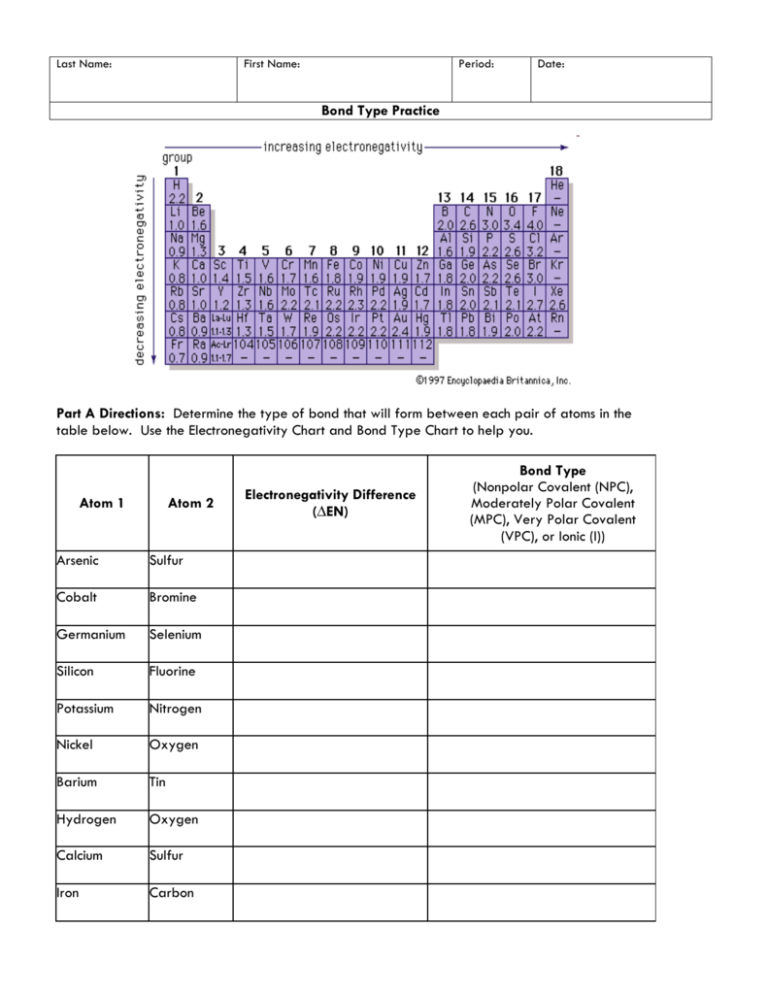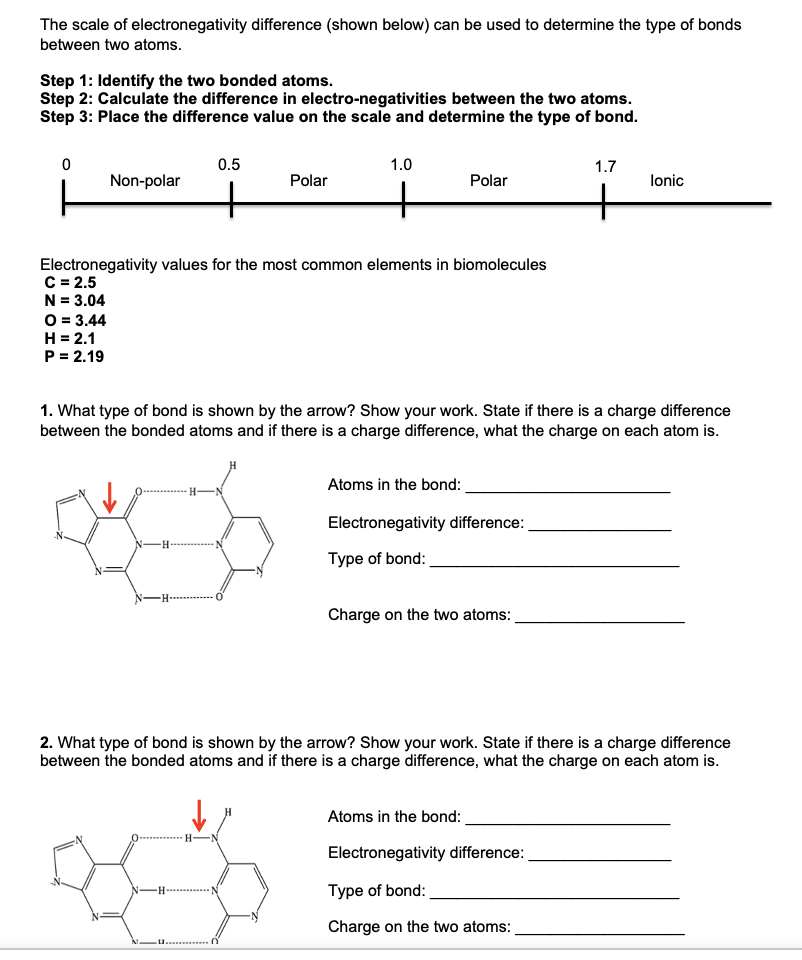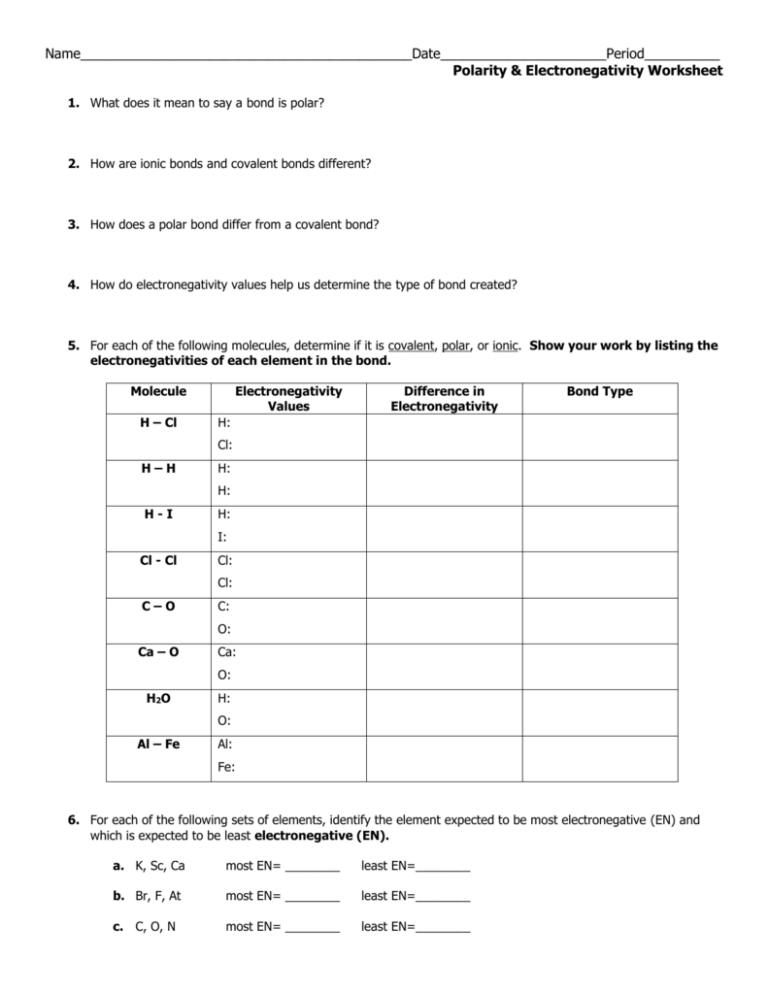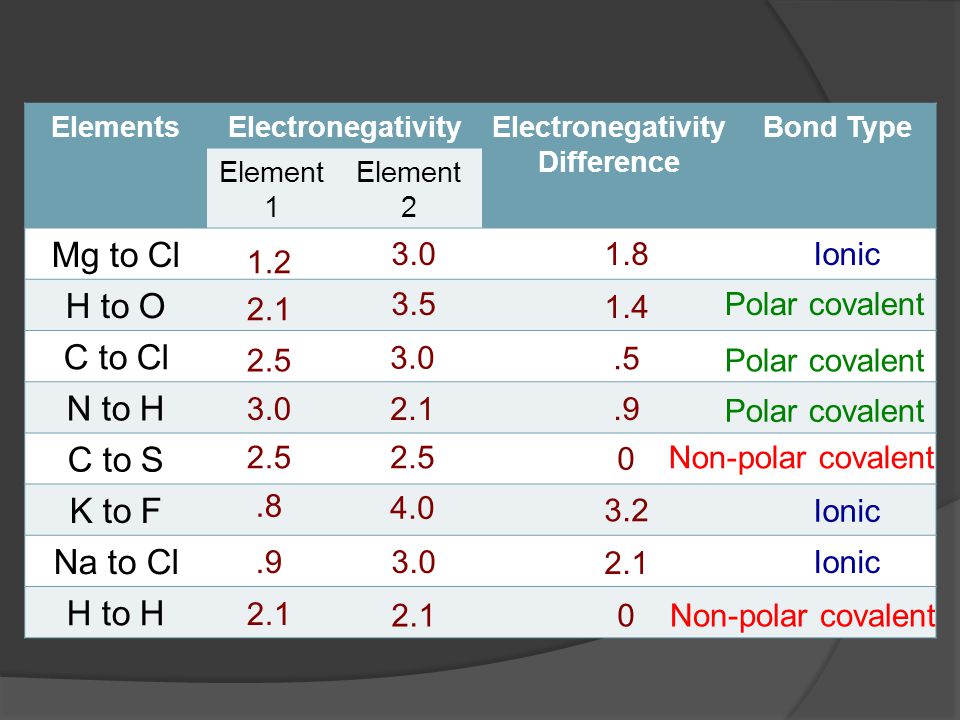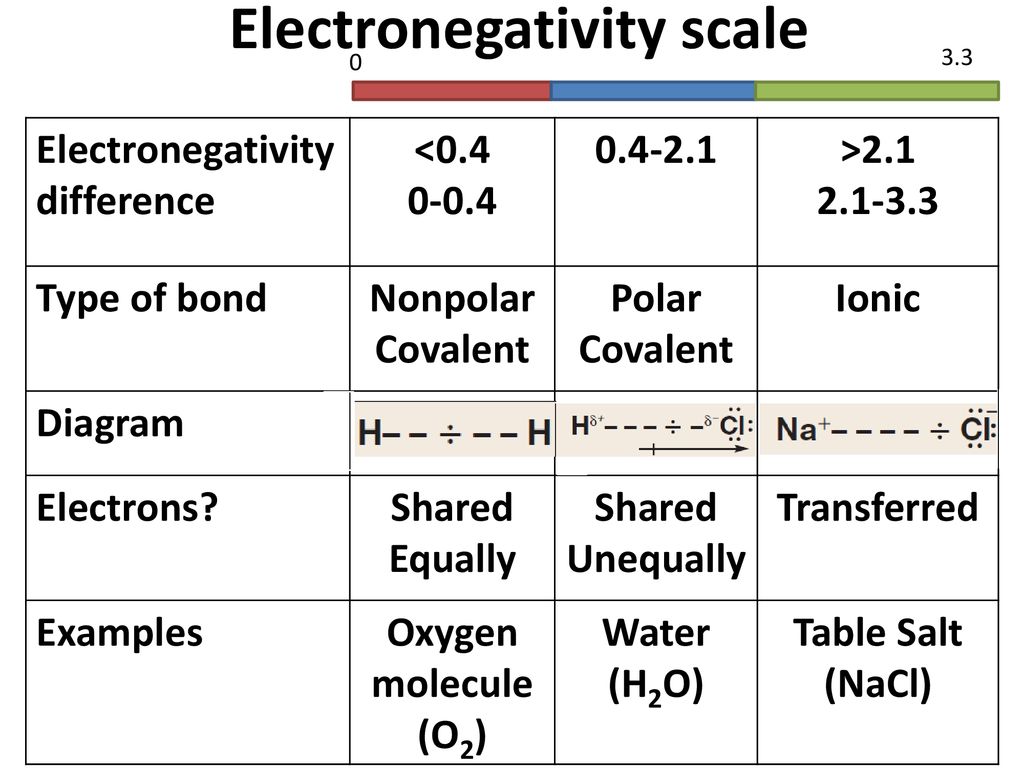Difference In Electronegativity Worksheet - Use the electronegativity and bond characteristic chart to help you. How does a polar covalent bond differ from a. How are ionic bonds and covalent bonds different? Use the electronegativity chart and. Fill in the values to complete the following table for predicting bond type based on differences in electronegativity. Polarity & chemical bonds worksheet 1. How are ionic bonds and covalent bonds different? Determine the type of bond that will form between each pair of atoms in the table below. Rank the following bonds in order from most covalent to most ionic.
Polarity & chemical bonds worksheet 1. Determine the type of bond that will form between each pair of atoms in the table below. Use the electronegativity and bond characteristic chart to help you. How are ionic bonds and covalent bonds different? Rank the following bonds in order from most covalent to most ionic. Fill in the values to complete the following table for predicting bond type based on differences in electronegativity. How are ionic bonds and covalent bonds different? Use the electronegativity chart and. How does a polar covalent bond differ from a.
Fill in the values to complete the following table for predicting bond type based on differences in electronegativity. How are ionic bonds and covalent bonds different? How does a polar covalent bond differ from a. How are ionic bonds and covalent bonds different? Use the electronegativity chart and. Rank the following bonds in order from most covalent to most ionic. Determine the type of bond that will form between each pair of atoms in the table below. Use the electronegativity and bond characteristic chart to help you. Polarity & chemical bonds worksheet 1.
Electronegativity Worksheet
Fill in the values to complete the following table for predicting bond type based on differences in electronegativity. Use the electronegativity chart and. Determine the type of bond that will form between each pair of atoms in the table below. Use the electronegativity and bond characteristic chart to help you. How does a polar covalent bond differ from a.
Solved The scale of electronegativity difference (shown
How are ionic bonds and covalent bonds different? Rank the following bonds in order from most covalent to most ionic. How are ionic bonds and covalent bonds different? Fill in the values to complete the following table for predicting bond type based on differences in electronegativity. Use the electronegativity and bond characteristic chart to help you.
Electronegativity Worksheet PDF Chemical Bond Chemical Polarity
Fill in the values to complete the following table for predicting bond type based on differences in electronegativity. Determine the type of bond that will form between each pair of atoms in the table below. Use the electronegativity and bond characteristic chart to help you. How are ionic bonds and covalent bonds different? How are ionic bonds and covalent bonds.
Polarity And Electronegativity Worksheet Printable Word Searches
Use the electronegativity and bond characteristic chart to help you. Rank the following bonds in order from most covalent to most ionic. How are ionic bonds and covalent bonds different? Polarity & chemical bonds worksheet 1. How does a polar covalent bond differ from a.
Electronegativity Worksheet Worksheets For Kindergarten
Use the electronegativity and bond characteristic chart to help you. Rank the following bonds in order from most covalent to most ionic. Use the electronegativity chart and. Polarity & chemical bonds worksheet 1. Fill in the values to complete the following table for predicting bond type based on differences in electronegativity.
Polarity And Electronegativity Worksheets
Fill in the values to complete the following table for predicting bond type based on differences in electronegativity. Polarity & chemical bonds worksheet 1. How are ionic bonds and covalent bonds different? How does a polar covalent bond differ from a. Determine the type of bond that will form between each pair of atoms in the table below.
Electronegativity And Intermediate Bonding Worksheet
Rank the following bonds in order from most covalent to most ionic. Polarity & chemical bonds worksheet 1. Use the electronegativity and bond characteristic chart to help you. How are ionic bonds and covalent bonds different? Determine the type of bond that will form between each pair of atoms in the table below.
Electronegativity Worksheet Worksheets For Kindergarten
Use the electronegativity and bond characteristic chart to help you. How does a polar covalent bond differ from a. Determine the type of bond that will form between each pair of atoms in the table below. Fill in the values to complete the following table for predicting bond type based on differences in electronegativity. Rank the following bonds in order.
Electronegativity Difference & Bond Type Worksheet Science teaching
Fill in the values to complete the following table for predicting bond type based on differences in electronegativity. Determine the type of bond that will form between each pair of atoms in the table below. How are ionic bonds and covalent bonds different? How does a polar covalent bond differ from a. How are ionic bonds and covalent bonds different?
Difference In Electronegativity Worksheet
How does a polar covalent bond differ from a. Determine the type of bond that will form between each pair of atoms in the table below. How are ionic bonds and covalent bonds different? Use the electronegativity chart and. Fill in the values to complete the following table for predicting bond type based on differences in electronegativity.
Determine The Type Of Bond That Will Form Between Each Pair Of Atoms In The Table Below.
How does a polar covalent bond differ from a. Use the electronegativity chart and. Rank the following bonds in order from most covalent to most ionic. How are ionic bonds and covalent bonds different?
How Are Ionic Bonds And Covalent Bonds Different?
Use the electronegativity and bond characteristic chart to help you. Polarity & chemical bonds worksheet 1. Fill in the values to complete the following table for predicting bond type based on differences in electronegativity.
